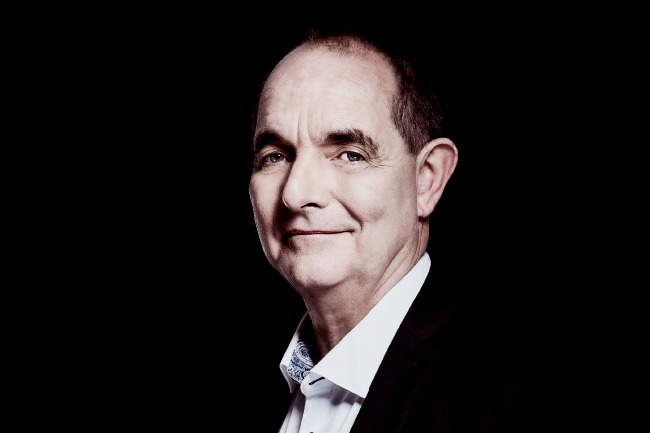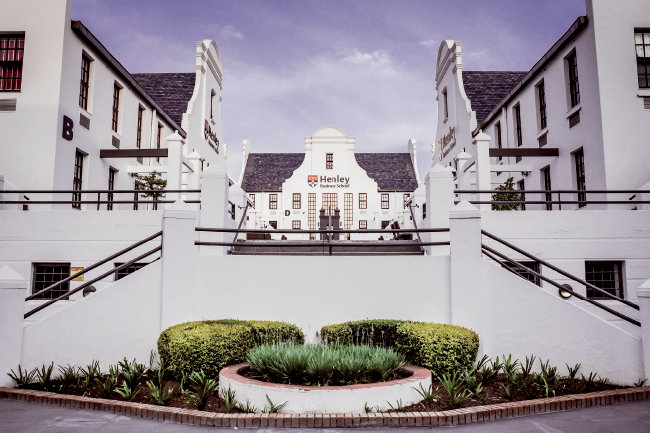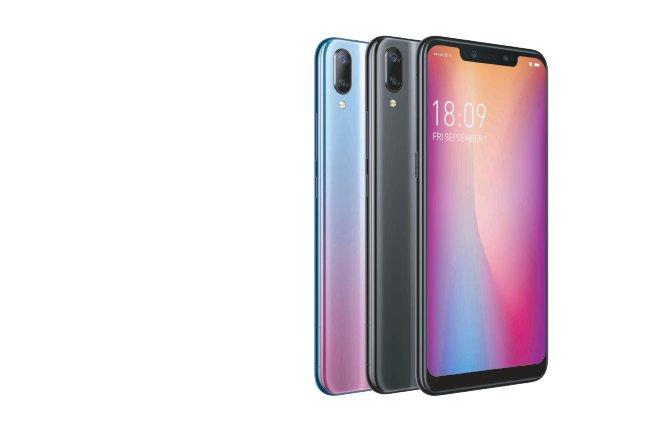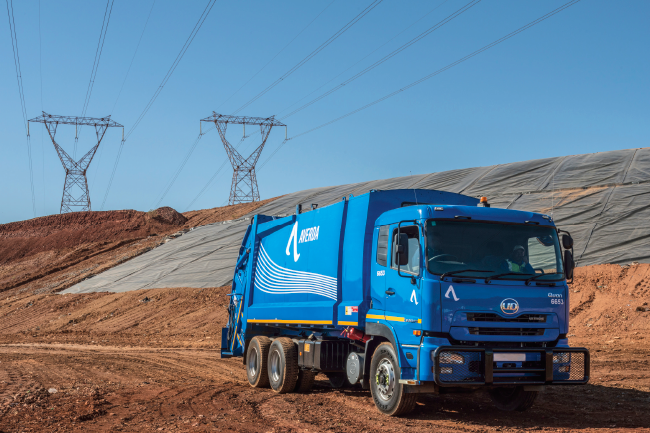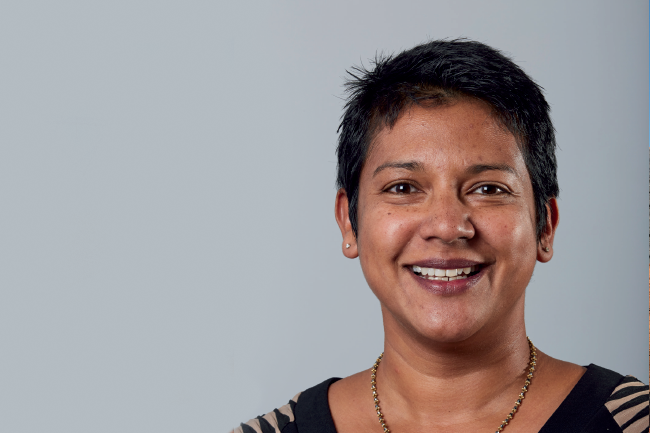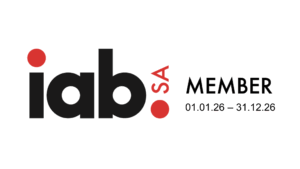Mon Trésor’s latest campaign tagline is ‘Move south’. That statement signals a call to all future residents to come experience all that southern Mauritius has to offer and be a part of the premier smart city of the island. Therein lies a promise to fulfil the quest for a harmonious and balanced lifestyle amidst a modern, carefully planned and sustainable environment. Mon Trésor positions itself as the ideal neighbourhood to enjoy a rewarding lifestyle.
The new residential offering proposes modern amenities embedded in a pristine coastal haven. An irresistible live, work, play environment hushed by nature’s hums, harmoniously designed and surrounded by lush gardens and iconic landscapes.
Strategically located near the country’s international airport, Mon Trésor smart city’s vision is to capitalise on the already ongoing rapid expansion of airport-linked commercial facilities as recently mentioned by the prime minister of Mauritius while officially inaugurating a new wing of the airport terminal. The increasing connectivity of Mauritius with the world and its intensifying air links with some 11 international airport hubs and 30 airlines serving the country is resolutely placing the country as a major hub on the Africa-Asia routes.
As already observed in other countries, this expansion, according to Aerotropolis co-author John Kasarda, is making ’air gateways anchors of 21st-century metropolitan development, where distant travellers and locals alike can conduct business, exchange knowledge, shop, eat, sleep and be entertained without going more than 15 minutes from the airport’. Kasarda adds: ‘This functional and spatial evolution is transforming many city airports into airport cities.’
Yet Mon Trésor will remain far from the maddening crowd of the mainstream conurbation areas that stretch from Port Louis, the capital city, towards the north-west and central areas. The new residential component of Mon Trésor consists of apartments, townhouses and villas accessible to Mauritians and foreigners alike, priced from MUR7.2 million. The proposed residential precincts complement the activity mix as earmarked by the governing master plan, which was produced by renowned international engineering, design and project management consultancy firm Royal Haskonning and has benefited from funding from the European Investment Fund.
The commercial development comprises a business gateway; a trade port and free-trade zone/light industrial compound; and a commercial park. The vicinity around SSR International Airport, where Mon Trésor is positioned, is expected to become a major economic hub for the country, according to local authorities.
‘Major airports have become key nodes in global production and enterprise systems, offering them speed, agility, and connectivity,’ says Kasarda. ‘They are also powerful engines of local economic development, attracting aviation-linked businesses of all types to their environs. These include, among others, time-sensitive manufacturing and distribution facilities; hotel, entertainment, retail, convention, trade and exhibition complexes; and office buildings that house air travel-intensive executives and professionals.’
The various components of the Mon Trésor smart city combine these elements. The Mon Trésor business gateway is already operational. Its first phase, an office park, has housed the Omnicane headquarters since the end of 2018. The business gateway will cover 55 ha with office and coworking spaces for rent.
The Trade Port and Free-trade Zone, and their infrastructures, are under way and will extend over 24 ha. The Freeport Park zone will offer an attractive tax regime and other incentives, together with the benefits of preferred access to international markets as per the regional agreements Mauritius is part of.
The retail centre development will feature a 10 000 m2 shopping mall with an array of retail outlets. This major component of the development is designed to boost the neighbouring region.

The commercial park spreads out over 17 ha and consists of 50 plots available for sale to local and foreign buyers. The plots, ranging between 2 039 m2 and 5 121 m2, have been designed to meet the needs of commercial buildings of five storeys or fewer. Visitor parking and a drop-off zone will be available at the entrance of the business centre.
These components, tailored for modern businesses willing to boost the Mauritian economy and, more specifically, from this part of the island, follow the construction of the airport’s Holiday Inn hotel. Operational since 2014, the Holiday Inn Mauritius Mon Trésor is the country’s first-ever airport hotel and is the initial landmark to the country’s first project to be issued a smart city certificate by the authorities.
The smart city promoters are also setting up a state-of-the-art film studio. This innovative first for the country will be established in the premises of the old sugar mill. The film studio will host international productions and comprise five sound studios; a props workshop; office space; trailer park; and a parking zone. The studio development will, of course, provide new career opportunities for young Mauritians, particularly those residing in the immediate neighbourhoods.
Sustainability is at the heart of Mon Trésor’s residential component. The development will feature cycling tracks finely integrated into street networks, including a royal palm forest, the beach and coastline access.
This will enable residents and visitors to move around freely and safely in an eco-friendly and healthy way. Mon Trésor will also have medical services, schools, convenience stores and a beach club.
It is important to note that the development and its components are regulated by the Building Research Establishment Environmental Assessment Method (BREEAM). This standard is applied during the early planning and design stages of a development. It offers a holistic framework with key target benchmarks that assist decision-makers to better understand and improve on the impact their decisions will have on the longer-term environmental, social and economic aspects of the development.
The current standard can be used to assess projects in most parts of the world. However, for areas with more complex ecosystems and planning requirements, BREEAM offers a bespoke option that helps tailor the criteria to better reflect a country/region’s environmental, political, economic and cultural climate.
BREEAM benefits local authorities, developers, master planners and community members by:
- Helping to create sustainable communities that are good for the environment and its people, and are also economically successful
- Embedding sustainable principles and goals within the master plan from the outset, helping to create places where people want to live and work, enhancing employee satisfaction
- Providing a framework to improve efficiencies during the master planning process, saving time and money throughout the project
- Facilitating the planning process with tools and targets to assist with sustainable decision-making
- Providing independent third-party certification of the sustainability of a development’s master plan
- Contributing to project participants’ and tenants’ corporate social responsibility, business reporting and sustainable business leadership.
As required by the registration process, all stakeholders and, most importantly, the neighbouring localities have been and continue to be regularly consulted, appraised and updated on the various components of the Mon Trésor initiative, and their respective stages of advancement.
A comprehensive survey has been conducted in the various surrounded villages, with a view to sensitising residents, especially the youth, on the job and career opportunities that will be made available.
This survey provides valuable insight on the need for training.
This illustrates the progressive inclusive development approach that characterises the Mon Trésor smart city project. This is a trademark of the socio-economic and historical DNA of Omnicane, the Mauritian conglomerate behind the launch of the smart city project.
Omnicane illustrates the successful transformation of a century-old sugar industry into a modern, state-of-the-art cane cluster, embodied by its now integrated and sustainable agro-industrial ecosystem located at La Baraque, l’Escalier.
The La Baraque facility is visited regularly by foreign heads of state and other dignitaries together with business leaders from around the world, proving that Omnicane is a major socio-economic player. Through the Mon Trésor smart city, Omnicane intend to pursue its vision, namely integrating energies. It is fully committed to the sustainable development of the region and has nurtured its eco-sustainable footprint as a responsible corporate citizen for more than a hundred years, to the benefit of all its stakeholders.


